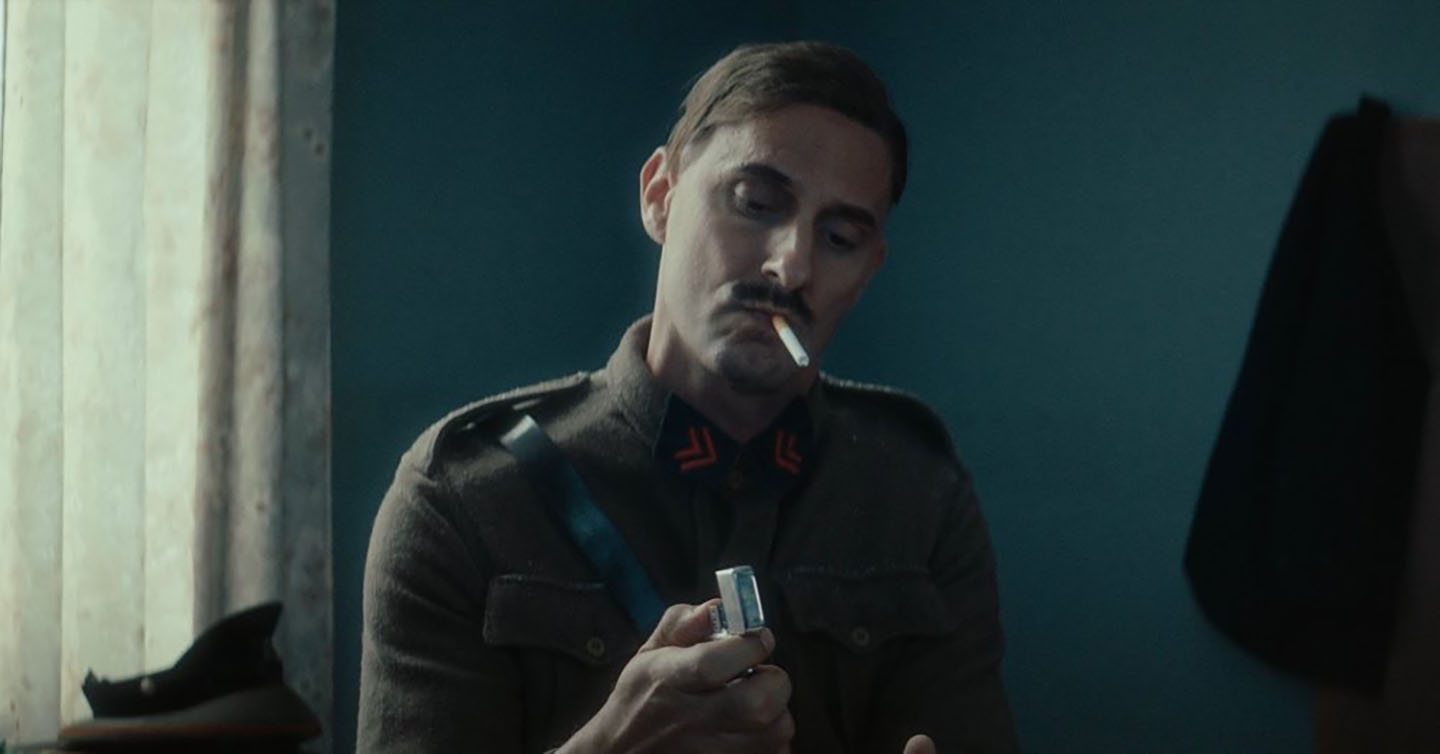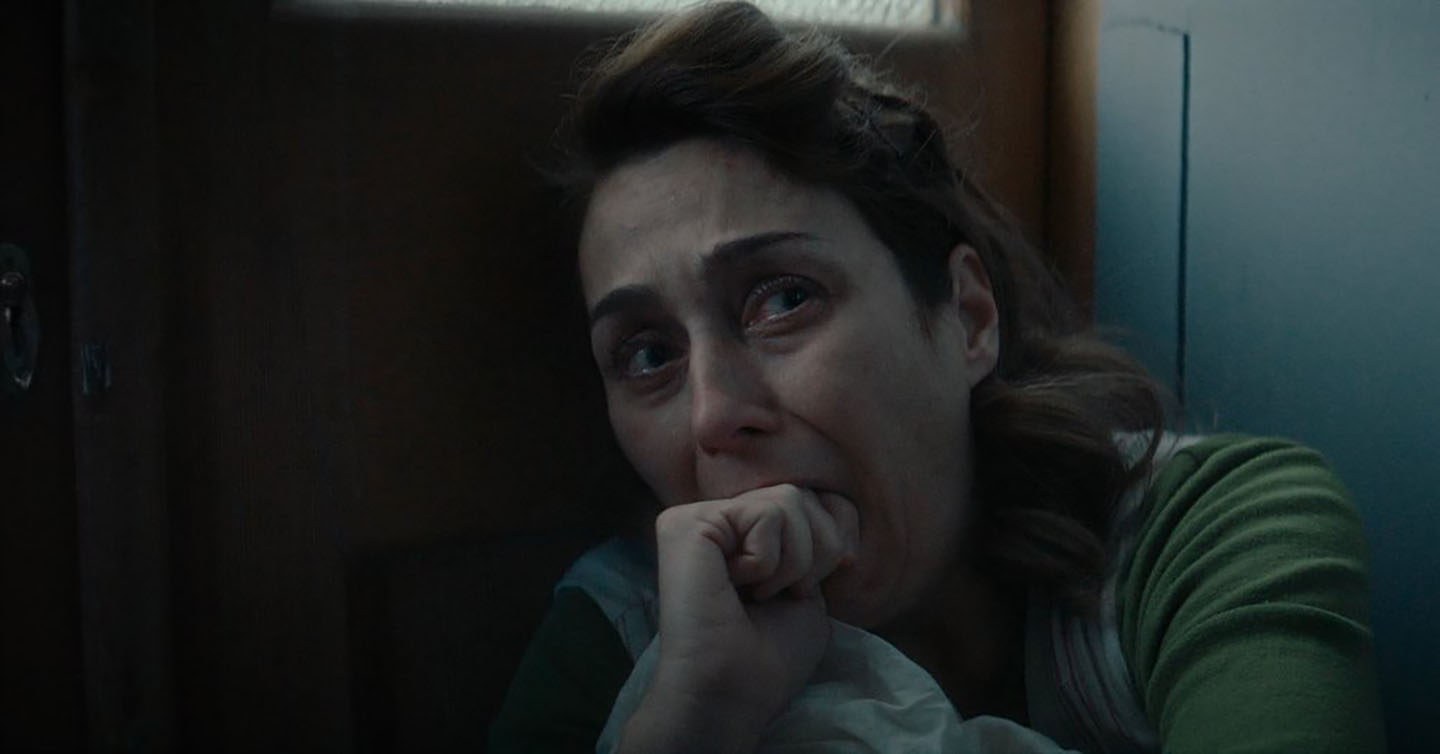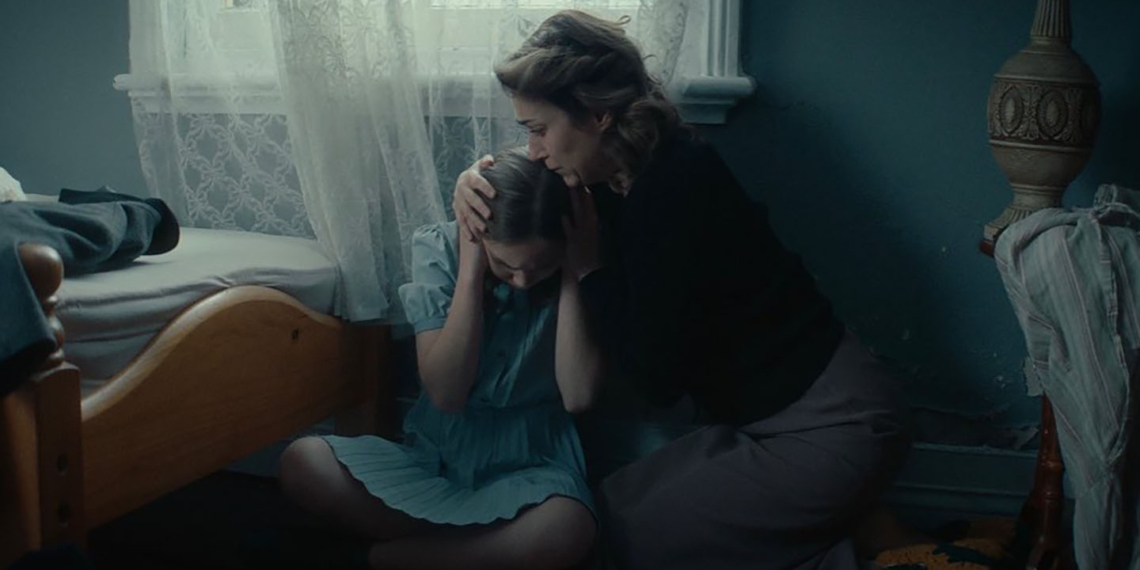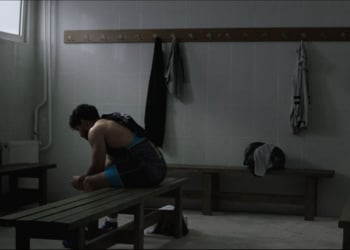Lexee Gordoun’s Sasha’s Game gives an account of its child protagonist’s survival through the Holocaust. With the disguise of a girl as the only defence keeping him and his mother from death or worse in Nazi occupied Poland, Sasha has no choice but to play along in a game of someone else’s invention.
Adapted from Anita Selzer’s I Am Sasha, the 29-minute drama is a proof-of-concept and as such, skims through the war years, its sense of time vague and marked by brief glimpses into the political frontlines. The more important event is a game of chess Sasha (Keanu Norman) played with his grandfather (Robin Royce Queree) just as things were getting bad. The significance of the man’s words cuts through the saccharinity, the latter a pitfall often faced by scenes like these.

Shown in progressive flashbacks, it serves as much to pique the boy’s interest in the game that “breeds geniuses” as it does to wisen him up: his dismissal of the queen piece and his outright disgust at the idea of dressing up as a girl for survival are both disservices to himself—in the latter case, to his mother (Olga Olshansky) as well. Having acquired forged papers for a mother and daughter, Larissa, Sasha’s mother, can only focus on getting them through the war alive. Discomfort can wait.
The fraught balance between existence in the most abject sense and the character’s subjectivity is at the forefront of the film’s preoccupations, and with good reason. In fact, Sasha’s repulsion at his mother’s plan is only partially boyish prejudice; to be forced into a role against one’s nature—to walk, talk, dress, sit, even think, in terms alien—is never a cakewalk. Binka (Bonnie Caine) depicts the antithesis of Larissa’s plan. Stylish and indulgent, she represents for Sasha the kind of determined freedom that he cannot reach for just yet. Tentative introduction to adulthood, shared by all children, looks so starkly different here. Sasha’s half uncomprehending, half longing gaze takes on a tragic tone.

As the central plot point of the film, Sasha’s crisis is its most compelling. So much so that singular, honed in focus on it would work just as well, if not better, than a narrative with broader scope. Olshansky, Norman, and Caine are striking. Impeded by an overbusy soundtrack, the dialogues take a backseat, especially in the film’s heaviest moments: Larissa’s view of the stripping and murder of a Jewish man on the street, Sasha’s resistance, his practice, and Binka’s lipstick. These images stand on their own, powerful, and perhaps fittingly for a proof, like items on a checklist.
Watch Sasha’s Game Short Film Trailer
Sasha’s Game: Horror of Disavowing Oneself Amidst Horror of Annihilation in WWII Drama
-
Direction
-
Cinematography
-
Screenplay
-
Editing
-
Music
















